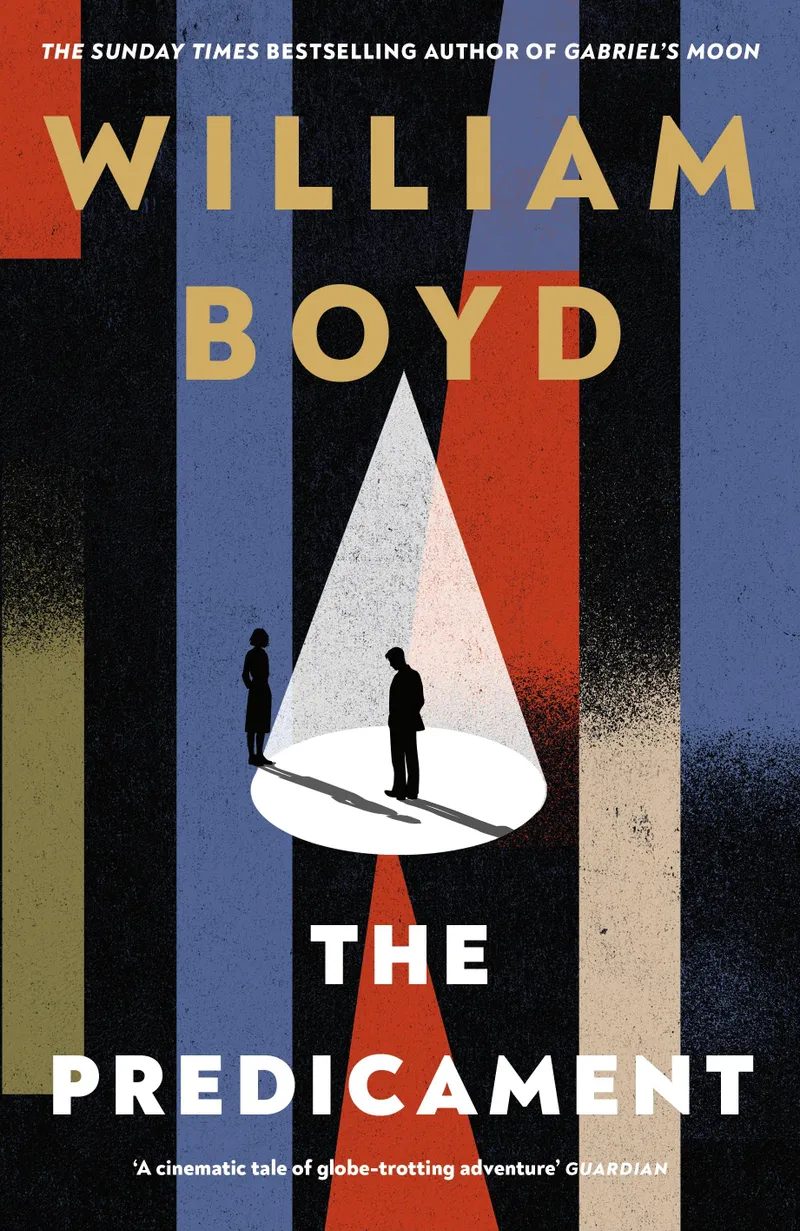Young Scouts embark on an educational adventure at Intaka Island
Experience the thrill of discovery as the 1st Naruna Constantia Scout Group and 2nd Plumstead Sea Scout Group explore the scenic wetlands of Intaka Island, engaging ...
Join Godfrey Johnson and friends for a heartwarming fundraising concert to support Miracle Kidz Safe House
Don't miss the chance to support vulnerable children at Miracle Kidz Safe House by attending Godfrey Johnson's fundraising concert this March!
Parklands North's Crosswind Pump Track reopens after months of closure
After eight months of closure, the world-class Crosswinds Pumptrack in Parklands North is set to reopen under new management by cycling industry veteran Stephen ...
Milnerton High to face international competition in Easter rugby tournament
The prestigious Kearsney Easter Rugby Festival returns for its 17th edition, featuring 28 teams from across South Africa and abroad. Cape Town will be represented ...
Join the fight: Help Childline Western Cape raise R1.5 million at their urgent fundraising concert
Join Childline Western Cape's mission to raise R1.5 million for vulnerable children at the Healing through the Arts concert on March 6. Enjoy inspiring performances ...
The Royal Countess Zingara introduces new aerial act and extends bookings through May 2026
The Royal Countess Zingara has welcomed international aerial stars Jonny Grundy and Manuel Artino to its acclaimed show, La Dolce Royal, extending bookings through ...
Cape Town softball teams shine at the Gordon Monk Tournament
When the Cape Town Softball Association sent two teams to Gauteng's prestigious Gordon Monk Tournament, many players experienced more than just high-level competition ...
